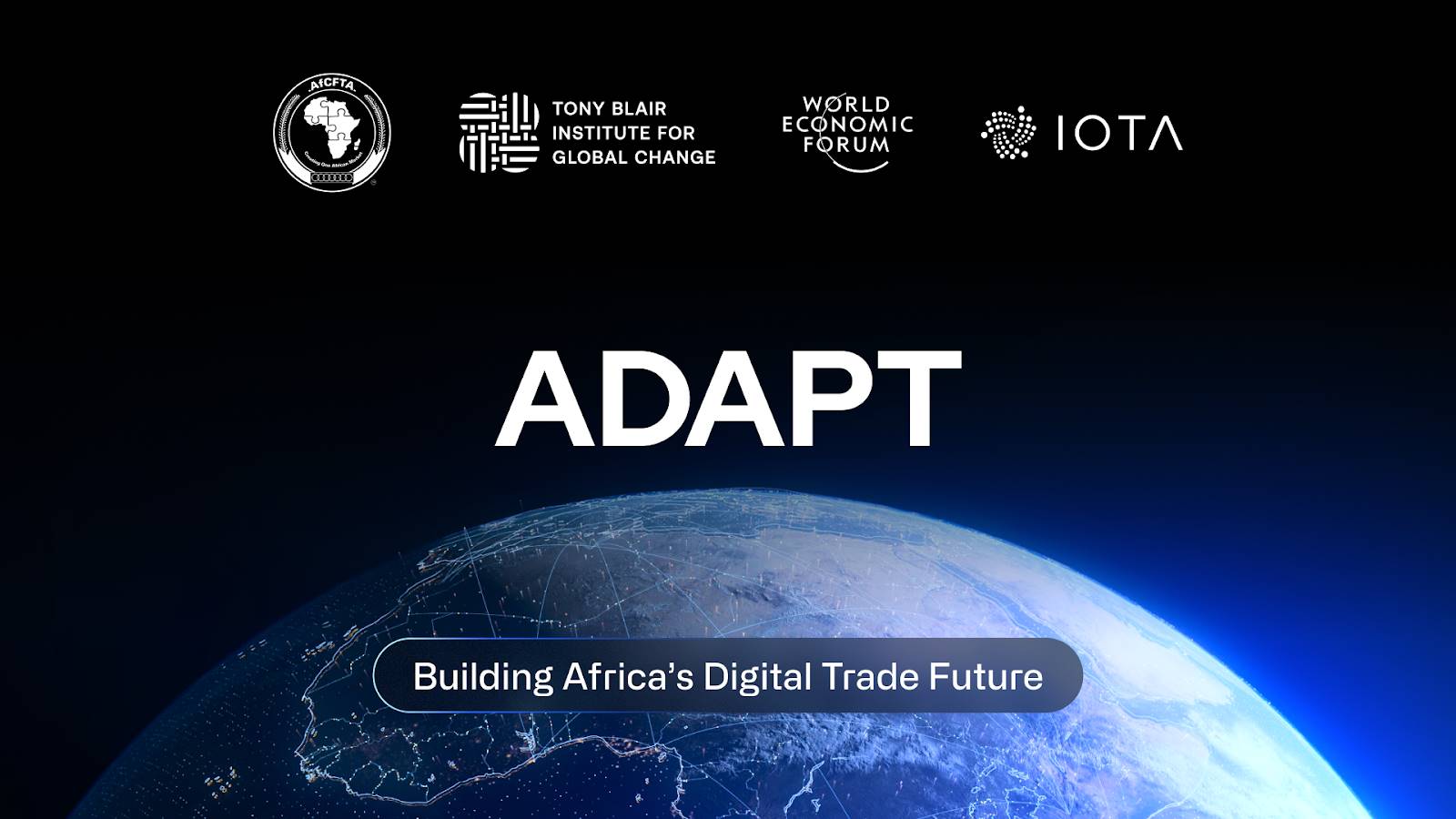Solana News Today: Solana’s Validators Race to Approve Near-Instant Finality Revolution
- Solana validators are voting on the Alpenglow upgrade, a historic consensus overhaul aiming to reduce block finality from 12.8 seconds to 150 milliseconds via off-chain validation. - The upgrade introduces a "20+20" resilience model and removes fixed voting costs, promoting decentralization by eliminating stake-based penalties for validators. - If approved, Alpenglow could enhance Solana's competitiveness in high-performance sectors like DeFi and gaming while aligning with industry trends toward faster,
Solana’s validator community has entered the final stretch of the voting process for the Alpenglow consensus upgrade, a proposal widely regarded as one of the most significant in the network’s history. The governance initiative, known as SIMD-0326, commenced voting on August 27 and will conclude by the end of the third epoch, giving validators a week to participate. According to current data, nearly 172 validators—representing about 11.8% of the network—have already cast their votes, with over 99% of those supporting the proposal [1]. Solana Labs co-founder Anatoly Yakovenko has publicly encouraged validators to cast their votes, emphasizing the importance of ensuring the upgrade’s passage [2].
Alpenglow represents a major overhaul of Solana’s existing consensus mechanisms, which rely on Proof-of-History (PoH) and TowerBFT. These systems facilitate block ordering and validation without the need for full synchronization, but they come with limitations in speed and efficiency. The new design aims to replace PoH and TowerBFT with two novel components: Votor and Rotor. Votor is designed to drastically reduce block finality times—from the current 12.8 seconds to as little as 150 milliseconds—by shifting most of the validation process off-chain. Rotor, meanwhile, will optimize block propagation, reducing redundant data transfers between nodes and improving network efficiency [2]. This shift is expected to allow Solana to maintain performance under high transaction volumes, supporting applications in DeFi, gaming, and other latency-sensitive sectors [1].
A key feature of the upgrade is the implementation of a “20+20” resilience model, ensuring the chain remains operational even if 20% of validators are malicious and another 20% are offline. This level of fault tolerance is rare among Layer-1 blockchains and is intended to enhance both security and decentralization. Unlike traditional consensus models that penalize large validators for their influence, Alpenglow introduces a fairer economic model by removing fixed voting costs. Validators will no longer be penalized for their stake size when submitting votes, thereby incentivizing participation from both large and small entities [2]. This shift is expected to reduce centralization pressures and promote a more equitable distribution of validation responsibilities [3].
The upgrade also carries significant implications for Solana’s economic model. Current validators pay a fixed cost for each vote, which disproportionately benefits larger stakeholders and creates a barrier for smaller validators. Alpenglow aims to eliminate this imbalance by introducing a more efficient voting framework and reducing the overhead of on-chain transactions. The result is a system where validator rewards are proportional to their stake, but only if they actively participate in the consensus process. Validators who fail to vote or submit conflicting votes will be penalized, either by losing their rewards or being removed from the validator set. This mechanism is intended to maintain network integrity while encouraging widespread participation [1].
If approved, the Alpenglow upgrade could reshape Solana’s position within the broader blockchain ecosystem. By drastically reducing transaction finality times and increasing resilience, the network may attract more developers and institutional users who require high performance and low latency. The improvements also align with broader industry trends, such as the push for faster, more scalable consensus models. While Ethereum has begun focusing on interoperability, Solana’s strategy remains centered on optimizing speed and efficiency. Analysts suggest that if the upgrade passes with sufficient support—requiring at least 33% of validators to vote—the network could see renewed interest from both developers and investors [1].
The next few days will be critical in determining whether Alpenglow receives the necessary approval to proceed. With only a small fraction of eligible validators having cast their votes, there is still time for participation to rise. The final decision will be made by the end of the third epoch, with the outcome potentially influencing the direction of Solana’s development for the next year. If successful, the upgrade will mark a pivotal moment in the network’s evolution and could contribute to broader momentum in the Solana ecosystem [2].
Source:
Disclaimer: The content of this article solely reflects the author's opinion and does not represent the platform in any capacity. This article is not intended to serve as a reference for making investment decisions.
You may also like
IOTA collaborates on the ADAPT project: Building the future of digital trade in Africa together
IOTA is collaborating with the World Economic Forum and the Tony Blair Institute for Global Change on the ADAPT project. ADAPT is a pan-African digital trade initiative led by the African Continental Free Trade Area. Through digital public infrastructure, ADAPT connects identity, data, and finance to enable trusted, efficient, and inclusive trade across Africa.

SharpLink Announces $104M Profit on the Back of Its Ethereum Strategy
